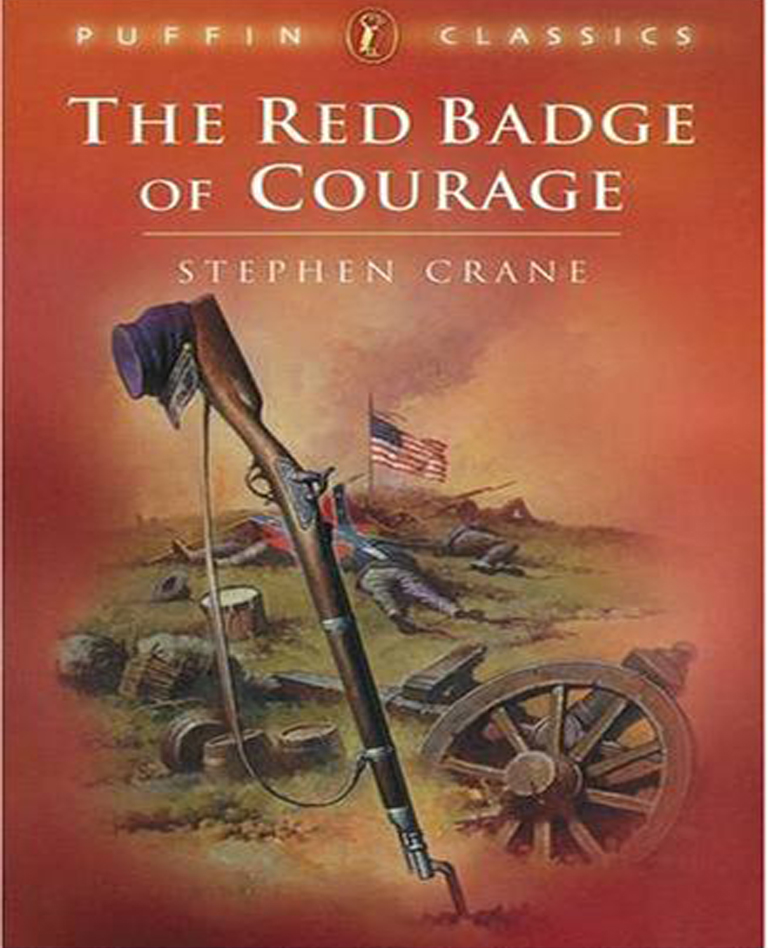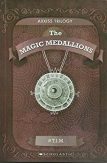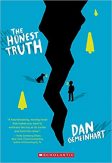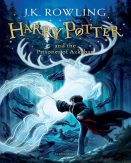You must be logged in to post a review.
The Red Badge of Courage
by Stephen Crane
Description:
A Hero or a Coward! The time is 1863. The setting, the Civil War, America’s bloodiest conflict. C, a country boy on the Union side, is full of emotion as he and his fellow soldiers wait for their first battle to begin. Will Henry become the hero he dreams of being? Will he and his friends even survive the deadly fire of the enemy? And who is the enemy, but other American boys like himself? Fear and courage exist at the same time, as each man undergoes his own trial by fire, his own grasping for the red badge..
About The Author
Stephen Crane (November 1, 1871 June 5, 1900) was an American poet, novelist, and short story writer. Prolific throughout his short life, he wrote notable works in the Realist tradition as well as early examples of American Naturalism and Impressionism. He is recognized by modern critics as one of the most innovative writers of his generation. The ninth surviving child of Protestant Methodist parents, Crane began writing at the age of four and had published several articles by the age of 16. Having little interest in university studies, he left college in 1891 to work as a reporter and writer. Crane’s first novel was the 1893 Bowery tale Maggie: A Girl of the Streets, generally considered by critics to be the first work of American literary Naturalism. He won international acclaim in 1895 for his Civil War novel The Red Badge of Courage, which he wrote without having any battle experience. In 1896, Crane endured a highly publicized scandal after appearing as a witness in the trial of a suspected prostitute, an acquaintance named Dora Clark. Late that year he accepted an offer to travel to Cuba as a war correspondent. As he waited in Jacksonville, Florida, for passage, he met Cora Taylor, with whom he began a lasting relationship. En route to Cuba, Crane’s vessel the SS Commodore, sank off the coast of Florida, leaving him and others adrift for 30 hours in a dinghy. Crane described the ordeal in “The Open Boat”.
During the final years of his life, he covered conflicts in Greece (accompanied by Cora, recognized as the first woman war correspondent) and later lived in England with her. He was befriended by writers such as Joseph Conrad and H. G. Wells. Plagued by financial difficulties and ill health, Crane died of tuberculosis in a Black Forest sanatorium in Germany at the age of 28.
At the time of his death, Crane was considered an important figure in American literature. After he was nearly forgotten for two decades, critics revived interest in his life and work.<>BR>Crane’s writing is characterized by vivid intensity, distinctive dialects, and irony. Common themes involve fear, spiritual crises and social isolation. Although recognized primarily for The Red Badge of Courage, which has become an American classic, Crane is also known for his poetry, journalism, and short stories such as “The Open Boat”, “The Blue Hotel”, “The Bride Comes to Yellow Sky”, and The Monster. His writing made a deep impression on 20th-century writers, most prominent among them Ernest Hemingway, and is thought to have inspired the Modernists and the Imagists.









Reviews
There are no reviews yet.